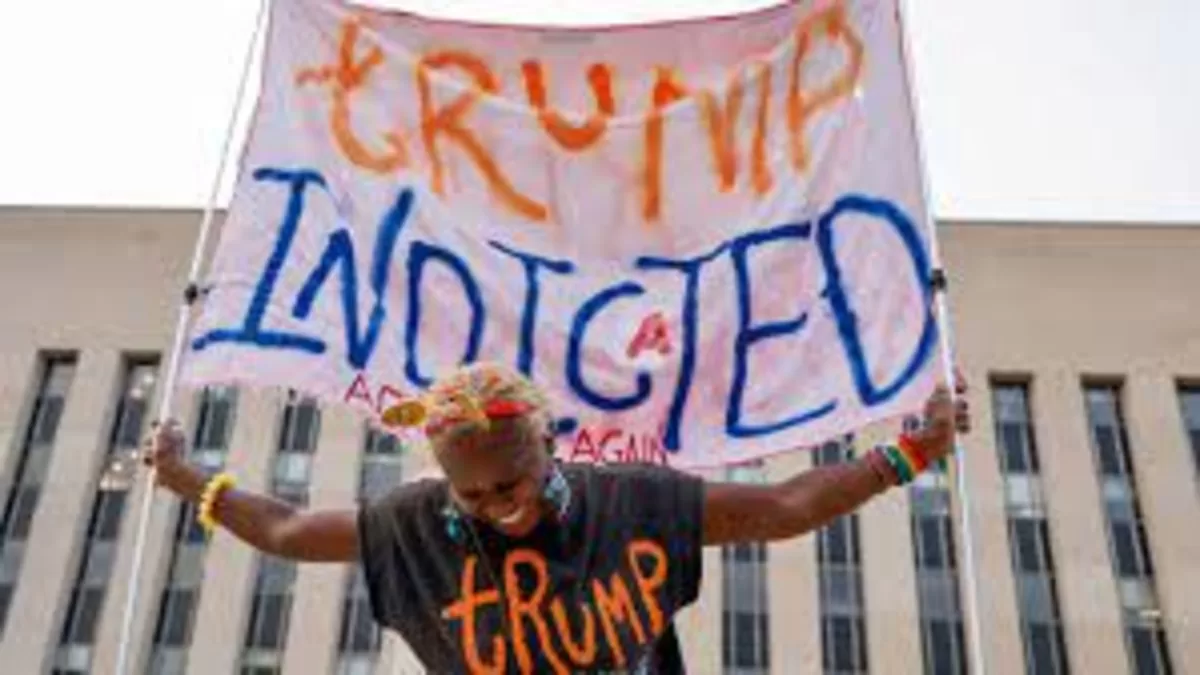Trump and American democracy’s time of trial | Financial Times
The article by Jonathan Freedland discusses the indictment against Donald Trump and its implications. The author attributes Trump’s behavior to his upbringing, where he was taught to see the world as a contest between winners and losers, leading him to challenge the election results in 2020. The indictment accuses Trump of plotting to overturn the democratic election and remain in power.
Despite the indictment, it is suggested that Trump’s supporters may remain loyal, and the case could even boost his chances in the 2024 election. However, this case represents a significant moment in the post-truth age, highlighting the erosion of truth and the rise of alternative realities during Trump’s presidency.
The article underscores several important principles at stake in the case. One is the sanctity of every vote, as millions who voted for Biden would have been disenfranchised if Trump had succeeded. Another principle is that no one is above the law, including the former president, especially given the prosecution of his followers for the Capitol insurrection.
Central to the case is the question of truth. Trump’s presidency was characterized by the spread of falsehoods and the undermining of common facts. He built an alternative reality based on lies, perpetuating the notion of “alternative facts.” However, in court, truth matters, and Trump’s post-truth tactics face a severe challenge.
The outcome of this trial will be critical, as it will not only impact Trump’s fate but also determine the extent to which post-truth has corroded public trust in key institutions in the United States. The article suggests that much is at stake, and the trial will play a pivotal role in shaping the nation’s future.
#TrumpIndictment #PostTruthAge #DemocracyInChallenge #CourtroomReality #FateOfTruth
